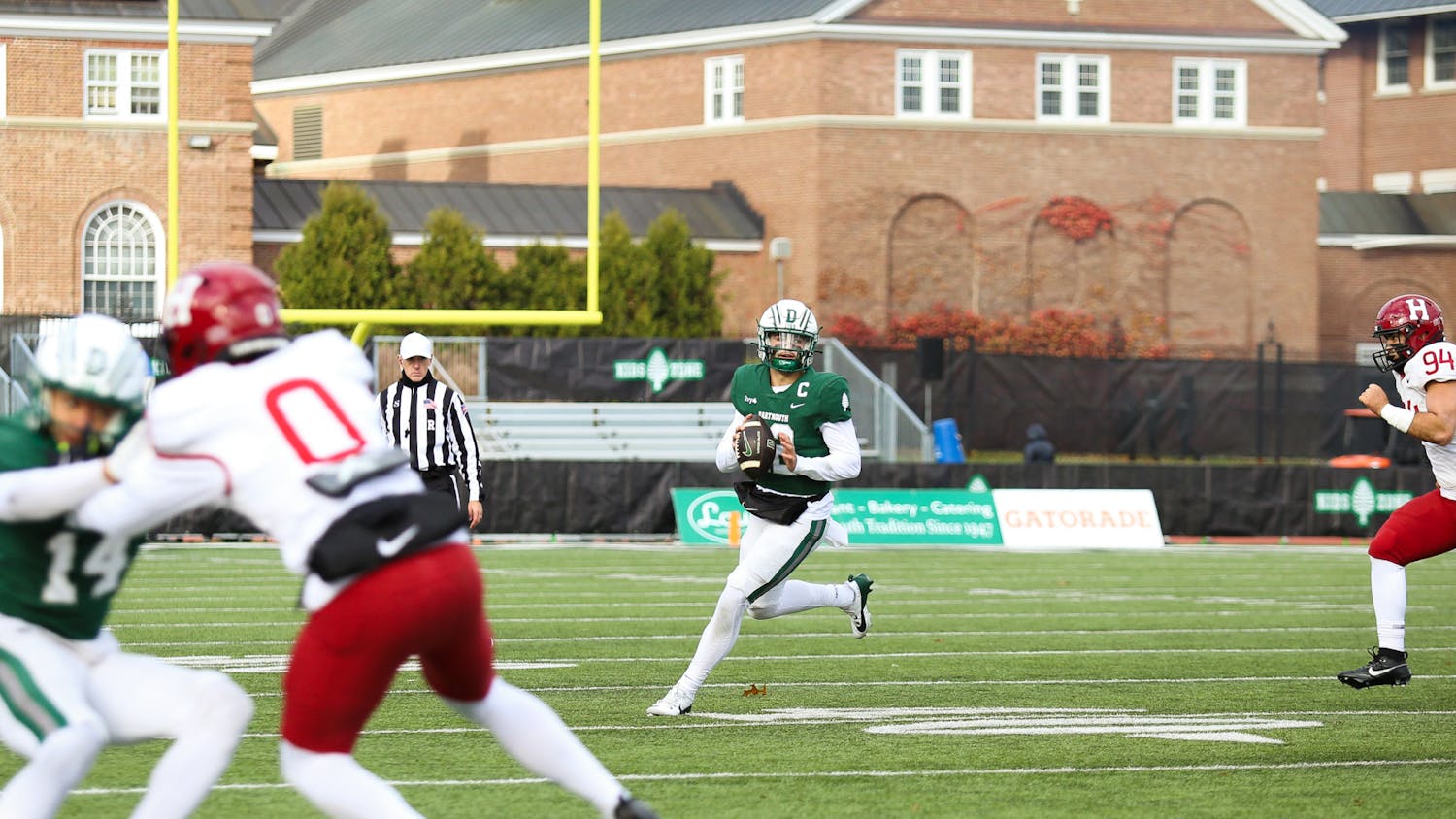V.S. Subrahmanian will begin his position as the inaugural Distinguished Professor in Cybersecurity, Technology and Society at the College on August 1, joining the Cybersecurity Academic Cluster. Academic Clusters are an element of College President Phil Hanlon’s effort to increase emphasis and research on global issues by forming 10 groups, or clusters, devoted to different worldwide problems.
Prior to his appointment at the College, Subrahmanian worked at the University of Maryland as a professor of computer science for 28 years, where he performed research, taught undergraduate and graduate students and was a director of the Laboratory for Computational Cultural Dynamics.
“Subrahmanian is one of our star faculty members,” professor of computer science at the University of Maryland Larry Davis said.
Davis described Subrahmanian as a tireless, world-renowned worker, who has had an invaluable impact on both the University of Maryland and the global community.
Subrahmanian said increased investment in cybersecurity, energy and medical devices throught the Academic Clusters majorly contributed to his interest in the position at the College.
Subrahamanian also said he is enthusiastic about the opportunity to partner with researchers at the Geisel School of Medicine and Dartmouth-Hitchcock Medical Center.
“I’m very excited about coming to Dartmouth,” Subrahmanian said. “I think it’s going to be the opportunity of a lifetime.”
Professor of computer science and director of the Institute for Security, Technology and Society Sean Smith said that the search process began with a hiring proposal, in which the committee shaped a vision of what this new cluster would be. They also determined ways in which it would fit seamlessly into the College’s culture.
The committee sought candidates who could put teams together and institute a cross-disciplinary approach to their work, Smith said. There were a large number of applications, and the committee eventually invited six individuals for informal visits to the College.
Professor of computer science Hany Farid said that Subrahmanian is a distinguished academic due to his profound influence on the scientific community and his simultaneous application of knowledge for real-world global impact.
“I can count on one hand the number of people in cybersecurity who are able to bridge both of those talents, and he is one of those people,” Farid said.
Subrahmanian was the chosen candidate because his background, vision and ability to take innovative approaches to cybersecurity issues align with the College’s mission, Smith said.
Subrahmanian characterized his work as a process following three main strategies — he collects data on a topic of interest, develops techniques like predictive models to analyze the data and then determines how to achieve his goals given his hypotheses.
Subrahmanian’s work has included data collection on Twitter bots, which led him to win the DARPA Twitter Influence Bot Detection Challenge, a competition aimed at finding and deleting the automated ‘trolls’ on the site before they carry out harmful activity, he said.
Subrahmanian has also written on the cyber-vulnerability of several global regions, identifying the occurrence of attacks in 44 countries.
In the future, Subrahmanian predicts that networks will become increasingly sophisticated. He also foresees more ransomware attacks on specific devices, which target individuals and hospitals.
Farid said that, among the most pressing problems to arise in the next few decades, cybersecurity will have significant influence.
“We are, whether we like it or not, living in an incredibly digital age,” Farid said.
He said that computer technology is moving at a fast pace and offers major financial incentives for hackers.
The weaponization of the Internet is a growing challenge, Farid added, and the polarization and marginalization of groups like women and minorities that occur as a result of the “cyber-world” are becoming increasingly prevalent issues.
Subrahmanian added that he hopes cybersecurity prevention at the College will be multidisciplinary and will involve individuals ranging from undergraduates to Ph.D. students and faculty members.
The College seeks to build a team to attack future cybersecurity problems, and Subrahmanian is a magnet for students, faculty and researchers alike, Farid said.



